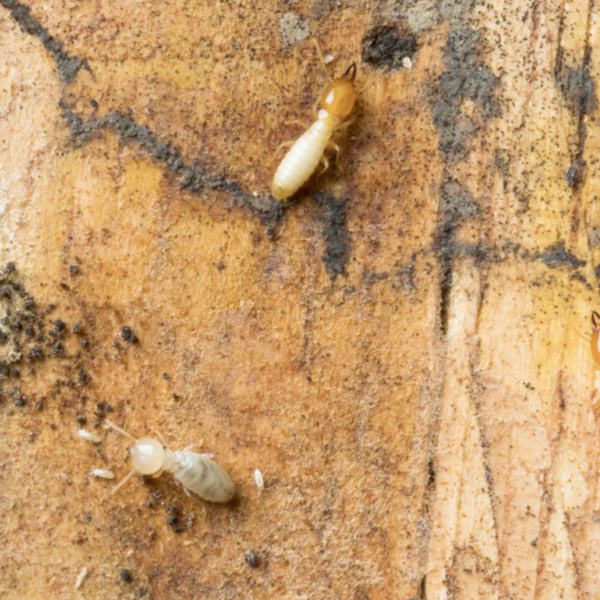
- May 8, 2023
- Effective Building
- 0
When it comes to maintaining a healthy and safe home environment, there are a few things that homeowners need to be aware of.
One of these things is the potential for termites to infest their home. These tiny pests can wreak havoc on a home’s structure, causing extensive damage and requiring costly repairs. One often-overlooked cause of termite infestations is downpipes that run to the ground and are not connected to the stormwater system.
In this blog post, we will explore why this is the case and how homeowners can prevent termite infestations caused by disconnected downpipes.
How Downpipes Attract Termites?
Downpipes are an essential component of any home’s drainage system. They are responsible for directing rainwater away from the roof and foundation of your home. However, if your downpipes run to the ground and are not connected to a stormwater system, they could attract termites.
Termites are attracted to moisture, and any standing water around your home’s foundation can create a conducive environment for them to thrive. Downpipes that run to the ground without being connected to a stormwater system can create pools of water around the foundation, attracting termites.
Termites can cause extensive damage to your home’s structure, including the foundation, walls, and roof. They feed on cellulose found in wood and other organic materials, making your home an ideal target for them. Once they have established a colony, they can cause irreparable damage to your home, which can be costly.
How to Prevent Termites Getting to Your Downpipes?
To prevent termites from being attracted to your downpipes, connecting them to a stormwater system is important. This will ensure that any rainwater that falls on your roof is directed away from your home’s foundation, preventing the buildup of moisture around the perimeter.
Additionally, it is important to ensure no leaks in your downpipes. Even small leaks can create pools of water around your home’s foundation, attracting termites. Regular inspection of your downpipes can help identify any leaks or damage, allowing you to address them before they become a problem.
In addition to connecting your downpipes to a stormwater system, there are other steps you can take to prevent termite infestations around your home. These include:
- Remove any wood or debris around the perimeter of your home. This can create a conducive environment for termites to thrive, as it provides them with a source of food and shelter.
- Maintain proper drainage around your home. Ensure that the soil around the perimeter of your home slopes away from the foundation, preventing water from pooling around the foundation.
- Install physical barriers, such as termite shields or metal mesh, around your home’s foundation. These can help prevent termites from entering your home through the foundation.
- Use termite-resistant building materials. When building or renovating your home, consider using materials resistant to termites, such as concrete, steel, or treated wood.
Conclusion
Downpipes that run to the ground and are not connected to a stormwater system can attract termites to your home. To prevent this, it is important to connect your downpipes to a stormwater system and ensure no leaks or damage. Additionally, taking steps to prevent termite infestations around your home, such as removing wood and debris, maintaining proper drainage, and using termite-resistant building materials, can help protect your home from these destructive pests.
Protect your property from termite infestations! Ensure your downpipes are properly connected to your stormwater system. Contact Effective Building and Consultancy today at 02 9613 3353 or visit our website https://www.effectiveconsultancy.com.au/ to learn more about preventing termite damage and safeguarding your home.
A property inspection is an excellent step in purchasing a new property during a transaction. Most buyers don’t know what Read more
Rezoning is rezoning a parcel of property from one kind to another, such as industrial to residential. Land zones govern Read more
According to Murphy's Law, whatever may go wrong, will go wrong. Even with a well-thought-out building plan, anything can and Read more





